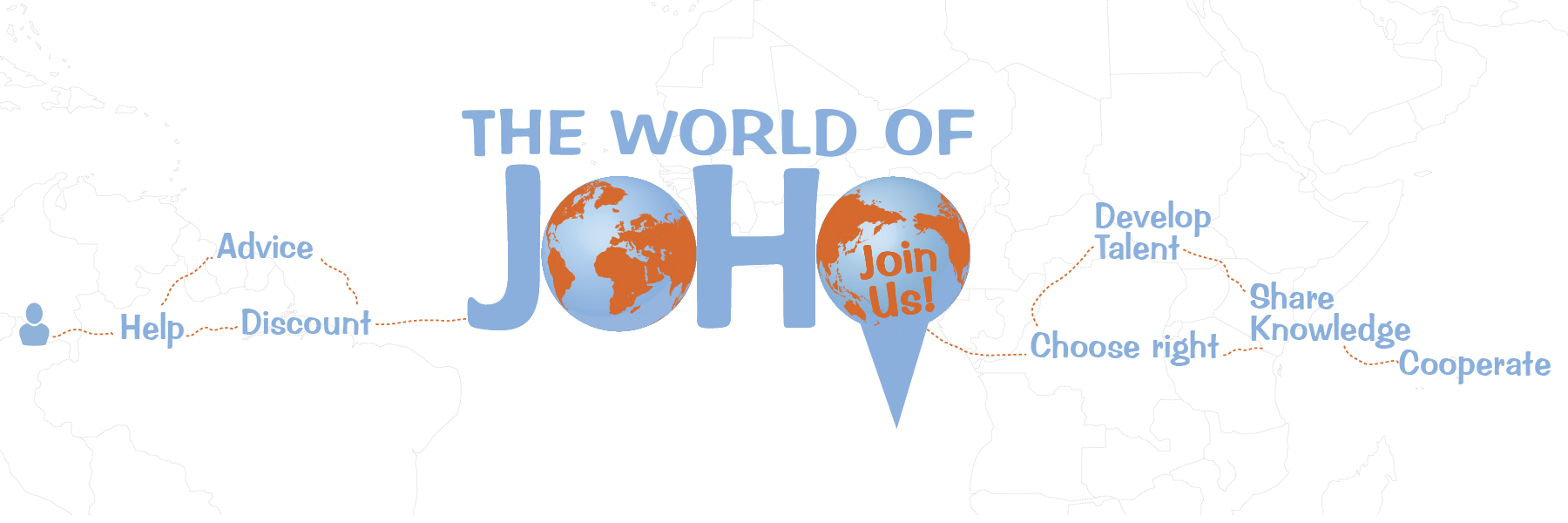Online access to all summaries, study notes en practice exams
- Check out: Register with JoHo WorldSupporter: starting page (EN)
- Check out: Aanmelden bij JoHo WorldSupporter - startpagina (NL)
Using and finding summaries, study notes en practice exams on JoHo WorldSupporter
There are several ways to navigate the large amount of summaries, study notes en practice exams on JoHo WorldSupporter.
- Starting Pages: for some fields of study and some university curricula editors have created (start) magazines where customised selections of summaries are put together to smoothen navigation. When you have found a magazine of your likings, add that page to your favorites so you can easily go to that starting point directly from your profile during future visits. Below you will find some start magazines per field of study
- Use the menu above every page to go to one of the main starting pages
- Tags & Taxonomy: gives you insight in the amount of summaries that are tagged by authors on specific subjects. This type of navigation can help find summaries that you could have missed when just using the search tools. Tags are organised per field of study and per study institution. Note: not all content is tagged thoroughly, so when this approach doesn't give the results you were looking for, please check the search tool as back up
- Follow authors or (study) organizations: by following individual users, authors and your study organizations you are likely to discover more relevant study materials.
- Search tool : 'quick & dirty'- not very elegant but the fastest way to find a specific summary of a book or study assistance with a specific course or subject. The search tool is also available at the bottom of most pages
Do you want to share your summaries with JoHo WorldSupporter and its visitors?
- Check out: Why and how to add a WorldSupporter contributions
- JoHo members: JoHo WorldSupporter members can share content directly and have access to all content: Join JoHo and become a JoHo member
- Non-members: When you are not a member you do not have full access, but if you want to share your own content with others you can fill out the contact form
Quicklinks to fields of study (main tags and taxonomy terms)
Field of study
- Communication & Media sciences
- Corporate & Organizational Sciences
- Cultural Studies & Humanities
- Economy & Economical sciences
- Education & Pedagogic Sciences
- Health & Medical Sciences
- IT & Exact sciences
- Law & Justice
- Nature & Environmental Sciences
- Psychology & Behavioral Sciences
- Public Administration & Social Sciences
- Science & Research
- Technical Sciences










Add new contribution